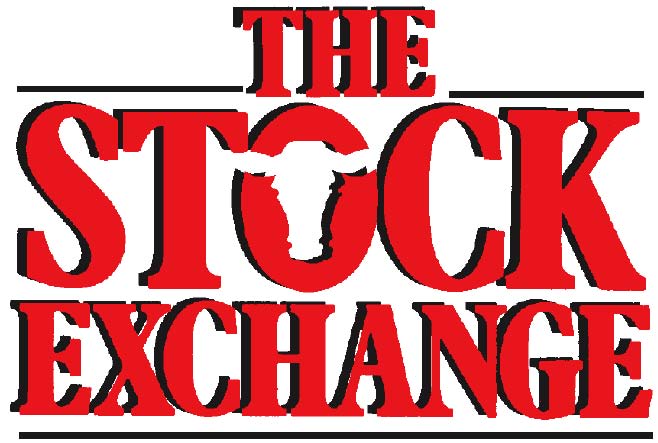K-State’s Winter Ranch Management Series Set for January and February
MANHATTAN, Kan. – Profit enhancing strategies included in the topics for the 2020 Kansas State University Winter Ranch Management Seminar Series. Hosted at five sites across the state of Kansas, the meetings will feature presentations and comments by extension educators to enhance management and marketing strategies employed by cow-calf producers. The meetings will also feature a popular "town hall" style question-and-answer session between Kansas cattle producers and extension specialists. "The series has a history…
